Williams syndrome
Recent articles
Autism researchers adapt studies for a socially distant world
Locked out of labs during the coronavirus pandemic, scientists are moving their investigations to virtual and online formats, a shift that may bring lasting changes to autism research.
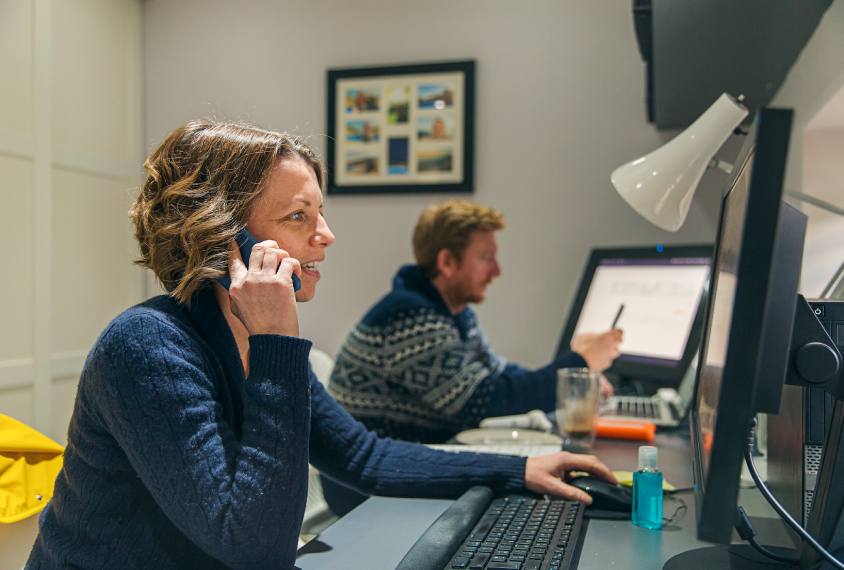
Autism researchers adapt studies for a socially distant world
Locked out of labs during the coronavirus pandemic, scientists are moving their investigations to virtual and online formats, a shift that may bring lasting changes to autism research.
Multiple genes may conspire to lead to autism traits
The many genes implicated in Williams syndrome, a condition related to autism, may all work together to exert their effects on behavior.
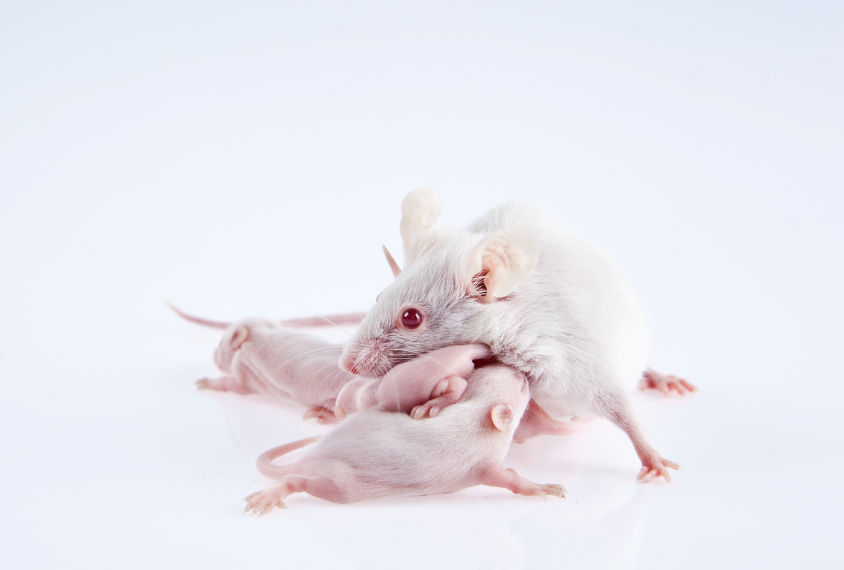
Multiple genes may conspire to lead to autism traits
The many genes implicated in Williams syndrome, a condition related to autism, may all work together to exert their effects on behavior.
Unusual gait marks mice with mutations related to autism
Mouse models of two genetic conditions related to autism show abnormalities in their movement patterns.
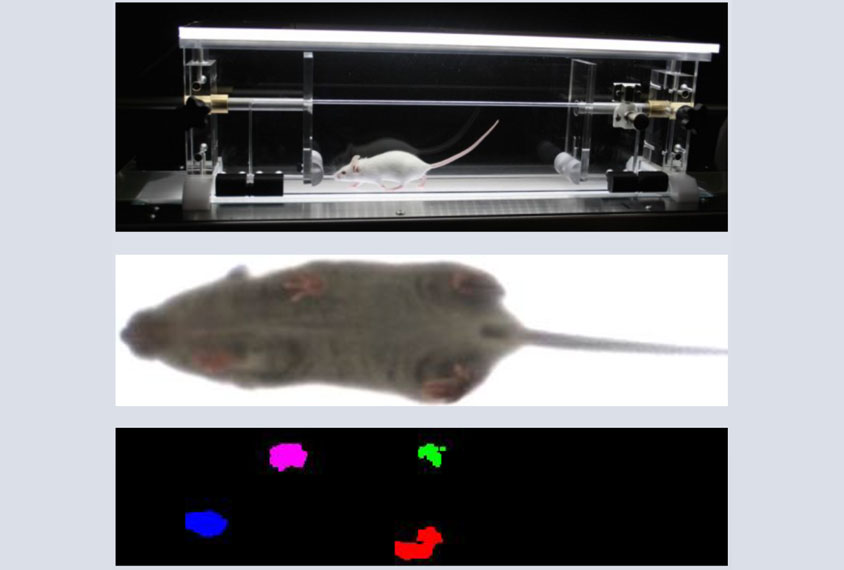
Unusual gait marks mice with mutations related to autism
Mouse models of two genetic conditions related to autism show abnormalities in their movement patterns.
Book Review: A mother finds reward in risk
In “The Boy Who Loved Too Much,” a woman tries to cocoon her son, who has Williams syndrome, from life’s insults but later realizes her protective instincts carry dangers of their own.
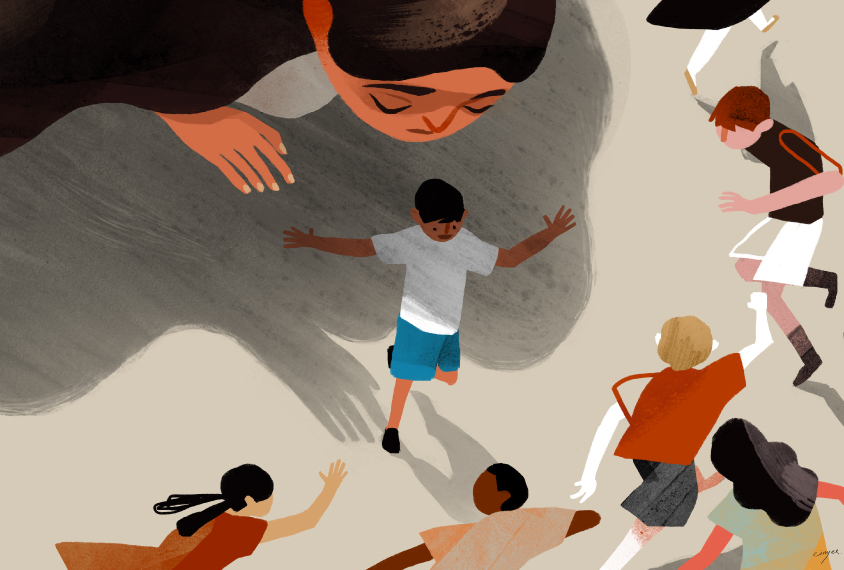
Book Review: A mother finds reward in risk
In “The Boy Who Loved Too Much,” a woman tries to cocoon her son, who has Williams syndrome, from life’s insults but later realizes her protective instincts carry dangers of their own.
Duplication of DNA on chromosome 7 increases risk of autism
Roughly one in five children who has an extra piece of chromosome 7 also meets the criteria for an autism diagnosis.
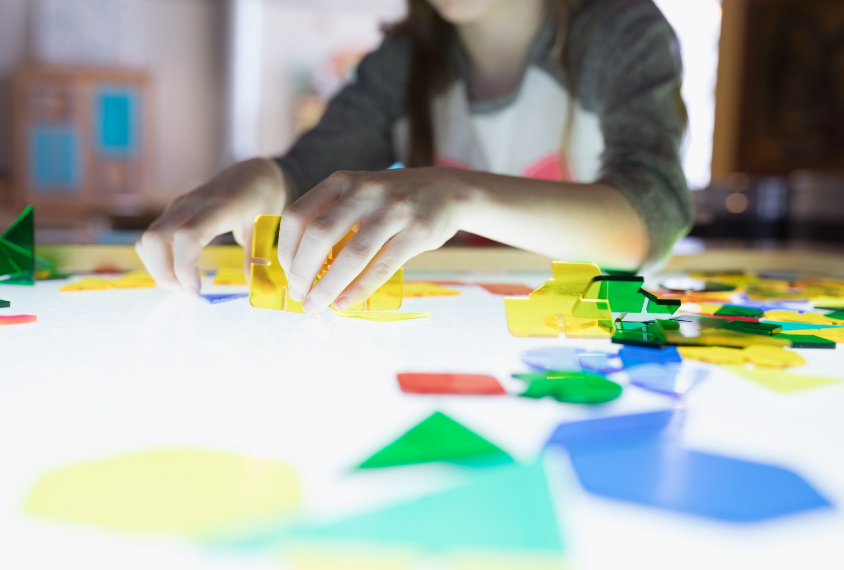
Duplication of DNA on chromosome 7 increases risk of autism
Roughly one in five children who has an extra piece of chromosome 7 also meets the criteria for an autism diagnosis.
Edited human embryos; prenatal antidepressants; gut thinking and more
Researchers in Oregon edit human embryos, prenatal antidepressants may play a role in autism risk, and gut microbiota are associated with early cognition.
Edited human embryos; prenatal antidepressants; gut thinking and more
Researchers in Oregon edit human embryos, prenatal antidepressants may play a role in autism risk, and gut microbiota are associated with early cognition.
Injury risk; stem-cell start; food faces
People with autism are at high risk of death from injury, China starts a clinical trial involving human embryonic stem cells, and individuals with autism have trouble seeing faces in food.
Injury risk; stem-cell start; food faces
People with autism are at high risk of death from injury, China starts a clinical trial involving human embryonic stem cells, and individuals with autism have trouble seeing faces in food.
Tooth fairy delivers drug target for boosting social interest
Cells derived from the dental pulp of children with Williams syndrome hint at a treatment approach for autism.
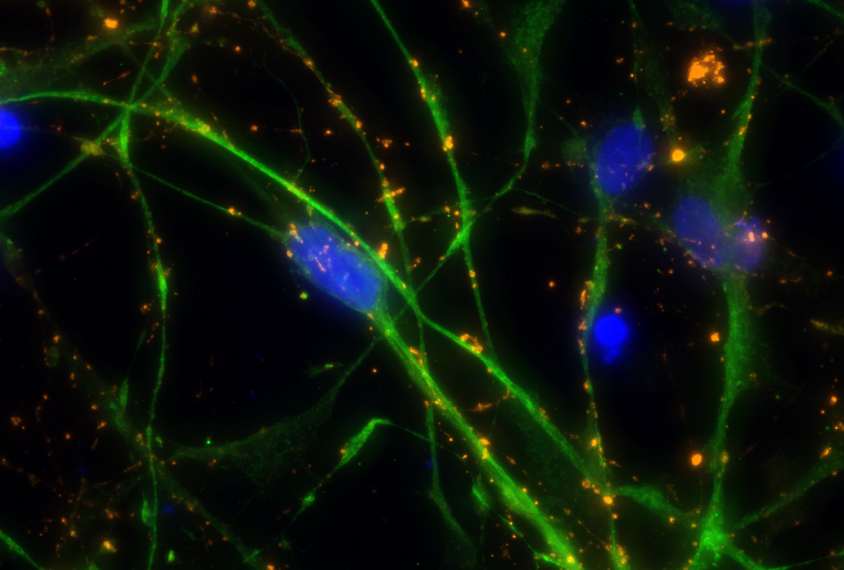
Tooth fairy delivers drug target for boosting social interest
Cells derived from the dental pulp of children with Williams syndrome hint at a treatment approach for autism.
Brexit effect; ghost game; down with jargon
Scientists fret over ‘Brexit,’ a video game boosts cognitive skills in children, and studies detail the downsides of jargon.

Brexit effect; ghost game; down with jargon
Scientists fret over ‘Brexit,’ a video game boosts cognitive skills in children, and studies detail the downsides of jargon.
An overdue query in autism science: What, exactly, is autism?
As powerful genetic tools identify increasing numbers of autism genes, scientists are parsing the pool of autism into new syndromes, each with a distinct genetic origin.

An overdue query in autism science: What, exactly, is autism?
As powerful genetic tools identify increasing numbers of autism genes, scientists are parsing the pool of autism into new syndromes, each with a distinct genetic origin.
Explore more from The Transmitter
Mitochondrial ‘landscape’ shifts across human brain
Evolutionarily newer regions sport mitochondria with a higher capacity for energy production than older regions, according to the first detailed map of the organelles in a tissue slice, adding to mounting evidence that the brain features a metabolic gradient.

Mitochondrial ‘landscape’ shifts across human brain
Evolutionarily newer regions sport mitochondria with a higher capacity for energy production than older regions, according to the first detailed map of the organelles in a tissue slice, adding to mounting evidence that the brain features a metabolic gradient.
Expediting clinical trials for profound autism: Q&A with Matthew State
Aligning Research to Impact Autism, a new initiative funded by the Sergey Brin Family Foundation, wants to bring basic science discoveries to the clinic faster.

Expediting clinical trials for profound autism: Q&A with Matthew State
Aligning Research to Impact Autism, a new initiative funded by the Sergey Brin Family Foundation, wants to bring basic science discoveries to the clinic faster.
This paper changed my life: Shane Liddelow on two papers that upended astrocyte research
A game-changing cell culture method developed in Ben Barres’ lab completely transformed the way we study astrocytes and helped me build a career studying their reactive substates.

This paper changed my life: Shane Liddelow on two papers that upended astrocyte research
A game-changing cell culture method developed in Ben Barres’ lab completely transformed the way we study astrocytes and helped me build a career studying their reactive substates.